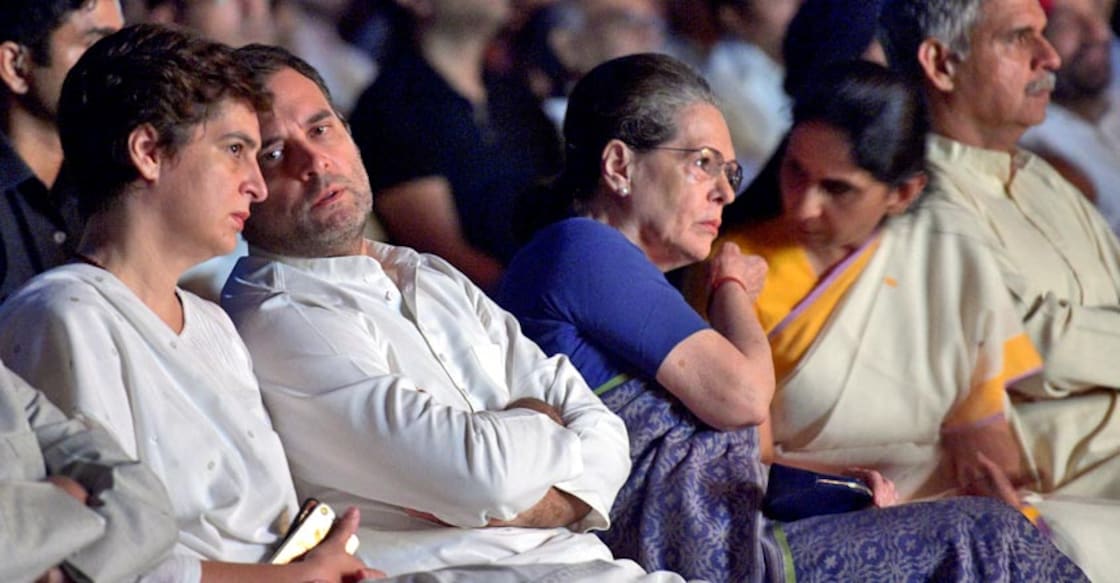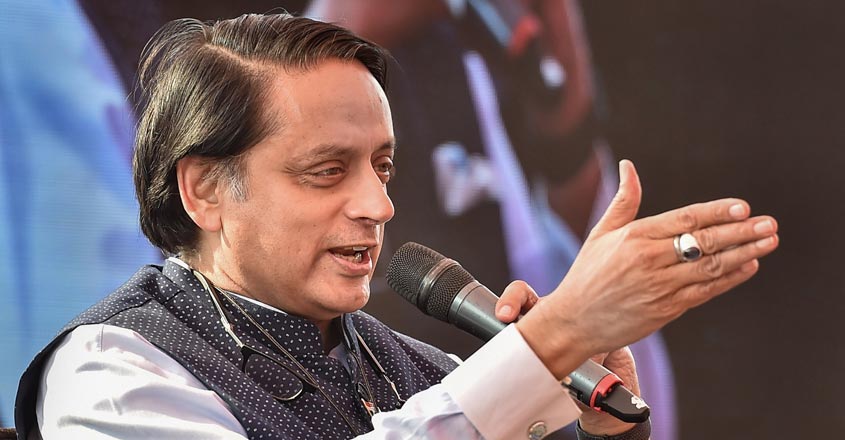New leader or ideological clarity first? Congress should clear the cobwebs

Mail This Article
The clamour among some Congress leaders, led by parliamentarians Shashi Tharoor, Abhishek Manu Singhvi and Jairam Ramesh, for immediate organisational elections has not disturbed the senior party leadership much. Senior leaders around party chief Sonia Gandhi feel the leadership question is still an evolving process within the party and cannot be rushed through with deadlines of time and legality. Though technically Sonia was appointed the interim president by the Congress Working Committee (CWC) last year after Rahul Gandhi resigned in July after the Lok Sabha election debacle, the core advisory group advising the Gandhi Family feels the party should go about the demand carefully. The leaders demanding urgent elections argue that the party is floundering without an elected president to take on the challenges posed by the ruling BJP as well as opposition parties in the states. Some former MPs like Sandeep Dikshit have also made a similar demand that the uncertainty about leadership should be brought to an end.
But senior leaders like A K Antony, Manmohan Singh, Ghulam Nabi Azad, Ambika Soni and Ahmed Patel, who comprise the inner circle of Sonia Gandhi, have had a long round of consultations after Rahul asked the CWC to find a successor. These leaders, along with senior Congress chief ministers like Ashok Gehlot, Kamal Nath (both of whom had been party general secretaries), and Amarinder Singh came to the conclusion that no single leader outside the Gandhi family had the support to succeed Rahul. They were also not willing to announce a free-for-all organisational elections as they felt the majority of the delegates to the All-India Congress Committee (AICC) were not prepared for such a process. Even though Rahul had said the party should look beyond the Gandhi Family, majority of the AICC members preferred a Gandhi to continue to head the party. While a good number wanted Rahul to take back his emotional resignation, some argued his sister Priyanka would make a charismatic president.
There is also the counter-argument to those demanding the election of a new president that the party must get more clarity on its ideological stand on secularism and economic direction as well as on the ways to counter the influence of BJP and RSS. Lok Sabha member Manish Tewari has argued that the party should go for retreats involving both senior and younger leaders to debate these issues and come up with a focused agenda, as it had done at a brainstorming session in the Madhya Pradesh hill station Pachmarhi in 1998 soon after Sonia Gandhi became the Congress president. His point is that the party had then identified issues which led to its two successive defeats in general elections and also how to tackle the newly formed NDA government of Atal Bihari Vajpayee.

When the first group argues that the topmost priority is to elect a full-time president, then who will then guide the party to develop a clear ideology? Leaders like Tewari argue that only if the party finalises the strategy to take on the policies of BJP, it will be easier to select a leader who will implement the ideology.
Thus the question of policy versus personality is engaging the vocal members of the party, while majority are still looking up to the wise men and women led by Sonia to settle the debate. A section in the party also feels the interim arrangement should continue until Rahul is persuaded to come back and take up his unfinished agenda.
Interestingly, there is a talk that the party would hold a jumbo plenary session, like the ones which elected the Congress president in Rajasthan's Udaipur, after the Budget Session of the Parliament concludes. But officially the AICC denies that any firm date has been decided. It is also pointed out that normally a plenary session is called by the party only to endorse the decisions already taken by the leadership.
Former external affairs minister Salman Khurshid too had earlier stressed on clarity on ideology and suggested a meeting of like- minded leaders to debate on ideological issues. He had requested former finance minister P Chidambaram, who was also the chairman of the party's manifesto committee, to head the conclave of 50 to 60 leaders. But even before the idea could gain traction, Chidambaram was arrested by the CBI.
Even though there are despairing voices within the party on its future, the word Congress is constantly on the lips of BJP leaders starting from Narendra Modi and Amit Shah, as the ruling party holds the Congress responsible for all the turbulence faced by the the BJP government currently.


